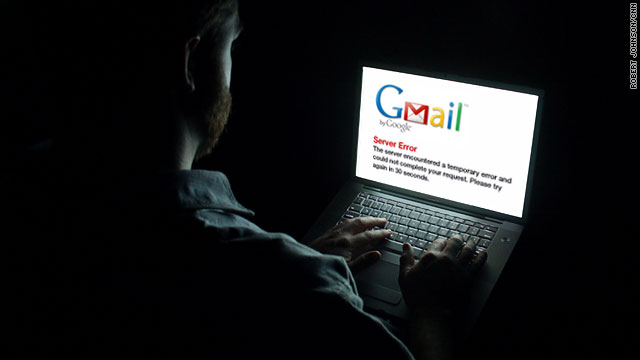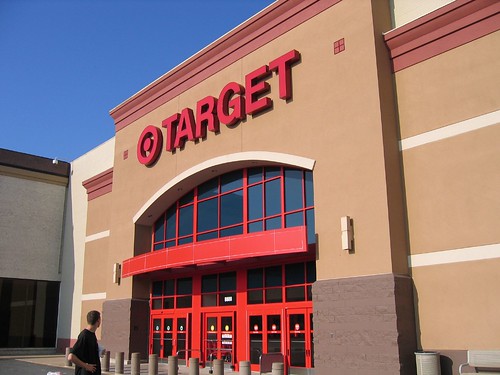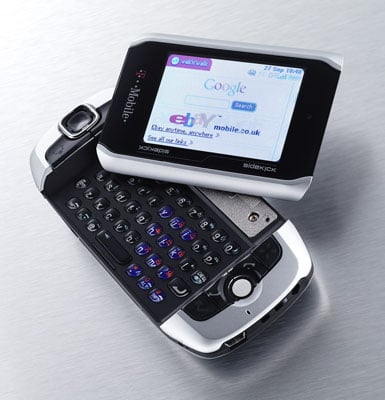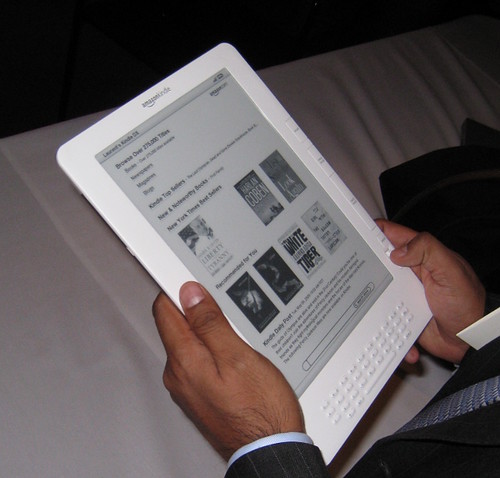 By Walter S. Mossberg / The Wall Street Journal via Yahoo! Finance
By Walter S. Mossberg / The Wall Street Journal via Yahoo! Finance"PC makers this fall are trying to get consumers who want small laptops to move up from low-profit netbooks to larger, costlier models called 'ultrathin' or 'thin and light.' These models are lighter and thinner than many regular laptops, but they have bigger screens and keyboards than most netbooks do.
The slim portables tend to start at around $500 and many fall into the $600 to $900 range. You can easily find bigger, heavier laptops for less. But the manufacturers are hoping mobile consumers will be willing to pay a premium for sleekness and long battery life.
I've been testing three examples of the new class: the Toshiba Satellite T135, the Hewlett-Packard Pavilion dm3t and the Lenovo IdeaPad U350. All came equipped with bright 13-inch screens, power-sipping Intel processors and Windows 7 Home Premium. The particular configurations lent me by the manufacturers for testing were priced at $600 for the Toshiba, $840 for the HP and $700 for the Lenovo.
I found the trio a mixed bag, with notable pros and cons for each. These trade-offs left me unable to declare a clear winner. The one you'd like best would depend on your own weighting of various qualities, like the feel of a keyboard or touchpad.
Nevertheless, I found that all three were capable, easy-to-carry laptops. In my tests, each easily handled common consumer tasks at acceptable speeds. The three weighed between 3.5 and 4.2 pounds. All were about an inch thick, or a bit less, at their thinnest points.
I ran all three through my tough battery test, where I turn off all power-saving features, set the screen to maximum brightness, leave Wi-Fi on and play a continuous loop of music.
The Toshiba and the HP turned in excellent results in this battery test, while the Lenovo was disappointing, mainly because it comes with a smaller standard battery. In a re-test, with a $50 optional larger battery, the Lenovo also did very well, but at the cost of added weight and thickness.
In normal use, with power-saving turned on, the Toshiba and HP could easily last for a full work day of typical activities, and the Lenovo could, too, with the optional battery.
Toshiba Satellite T135This is a sleek, glossy machine that starts at around 3.9 pounds for the 13-inch models. It got the best battery life of the three with a standard battery: five hours and 38 minutes, which I estimate would easily translate into more than seven hours in normal use. It also cost the least, at $600, of the three I tried. My test model came with three gigabytes of memory and a 250-gigabyte hard disk. It was very fast at resuming from sleep, but took more than two minutes to perform a restart with just three common programs running, and nearly two minutes to start up cold.
My main beef with the Toshiba is its keyboard and touchpad buttons. The keyboard felt too rubbery and flexible, and the buttons under the touchpad were in the form of a single, slippery, hard-to-use bar.
HP Pavilion dm3tThis laptop, the most expensive of my test models by far, at $840, was also the heaviest, at 4.2 pounds. The chassis is metal, instead of plastic. Its battery life clocked in at five hours and two minutes in my test, which means you could easily exceed six hours in normal use. My test model came with 3 GB of memory and a huge 500 GB hard disk.
The keyboard felt solid, but the fatal flaw of the dm3 for me was its metallic touchpad, which made the cursor move slowly and even stop at times. Like the Toshiba, the HP took a long time to get going: almost 2.5 minutes for a restart and about two minutes for a cold start.
The HP dm3 also is available for about $100 less when equipped with AMD processors, though HP says those have weaker battery life.
Lenovo IdeaPad U350In many ways, I liked the U350 best. It was sturdy, but thinner overall than the others because it lacked a bulging battery. The keyboard is firm and well designed, and the touchpad and buttons are comfortable and easy to use. It came with 4 GB of memory and a 320 GB hard disk for its $700 price. It was the only one of the three to restart in under two minutes. It also weighed the least, about 3.5 pounds.
But the IdeaPad's downfall is its small, flat battery, which offered only two hours and 38 minutes of life, or maybe 3.5 to four hours in normal use. With the optional $50 battery, the battery life in my test zoomed up to nearly six hours, which means maybe 7.5 or eight hours in normal use. But that extra battery brought the computer's weight to four pounds and made it thicker.
These thin, light, machines perform adequately and can last a long time unplugged. But I urge you to test them personally before choosing one, to make sure you're comfortable with their designs."
 By techradar.com (CLICK to read more)
By techradar.com (CLICK to read more)






































